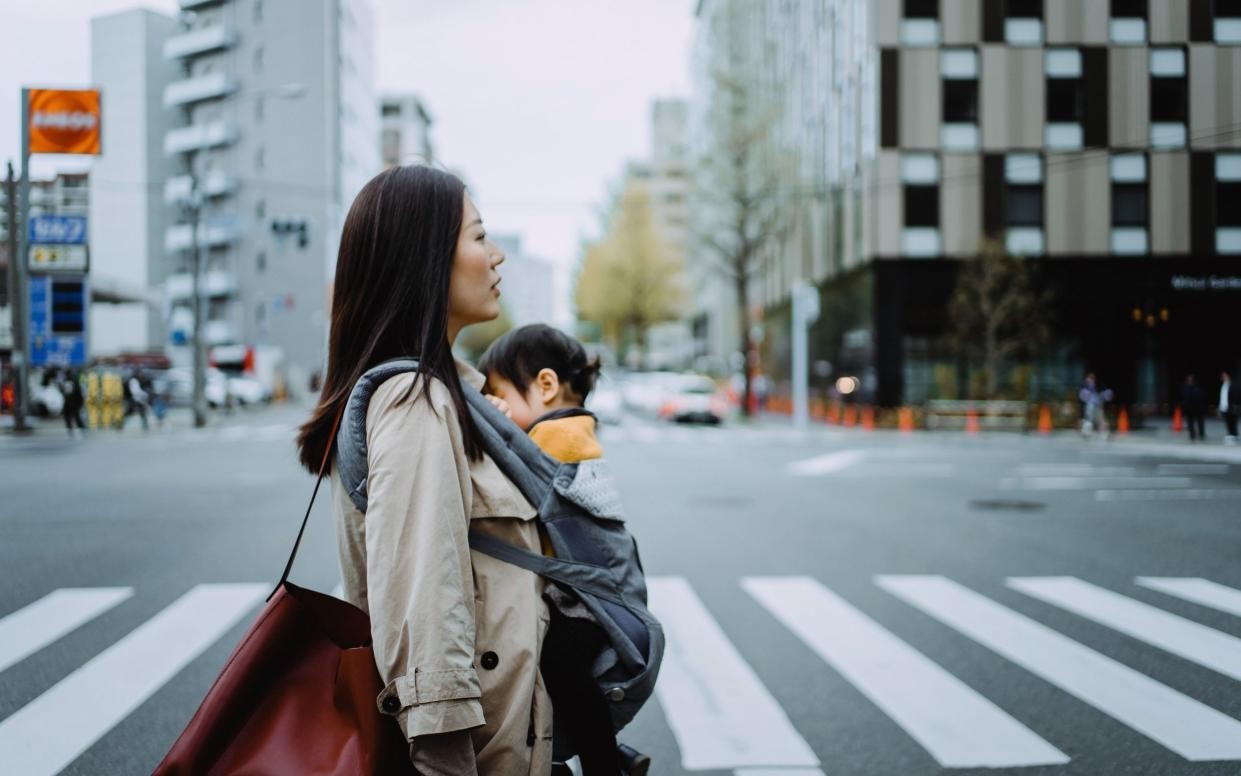
The Tokyo Metropolitan Government unveiled plans to shift government employees to a four-day workweek starting April, marking a major change in Japan's traditionally rigid work culture. The initiative aims to help working parents spend more time with their families while addressing the nation's plummeting birth rates.
Under the new policy, government workers will enjoy three days off each week. Parents with young children in elementary school grades 1-3 can also opt to leave work early in exchange for a proportional salary adjustment.
"We want to create a workplace where no one has to choose between their career and family life," said Tokyo Governor Yuriko Koike, who spearheaded the initiative. The move comes as Japan faces a demographic crisis, with births hitting historic lows - just 727,277 babies were born last year, putting the fertility rate at 1.2, far below the 2.1 needed for population stability.
Japan's intense work culture, known for demanding long hours as a show of company loyalty, has long been blamed for deterring young people from starting families. The four-day workweek represents a dramatic departure from these deeply entrenched workplace norms.
The capital city's bold step follows similar family-friendly policies emerging across Asia. Singapore recently required all companies to consider flexible work requests, including compressed workweeks.
While the future of work concept has gained popularity globally for improving work-life balance and productivity, it remains relatively uncommon in Japan. Tokyo's pioneering move could inspire other Japanese employers to embrace more flexible arrangements as the country grapples with its demographic challenges.
The policy aims to demonstrate that reducing work hours while maintaining productivity is possible, potentially transforming Japan's work culture to better support families and boost birth rates in the years ahead.